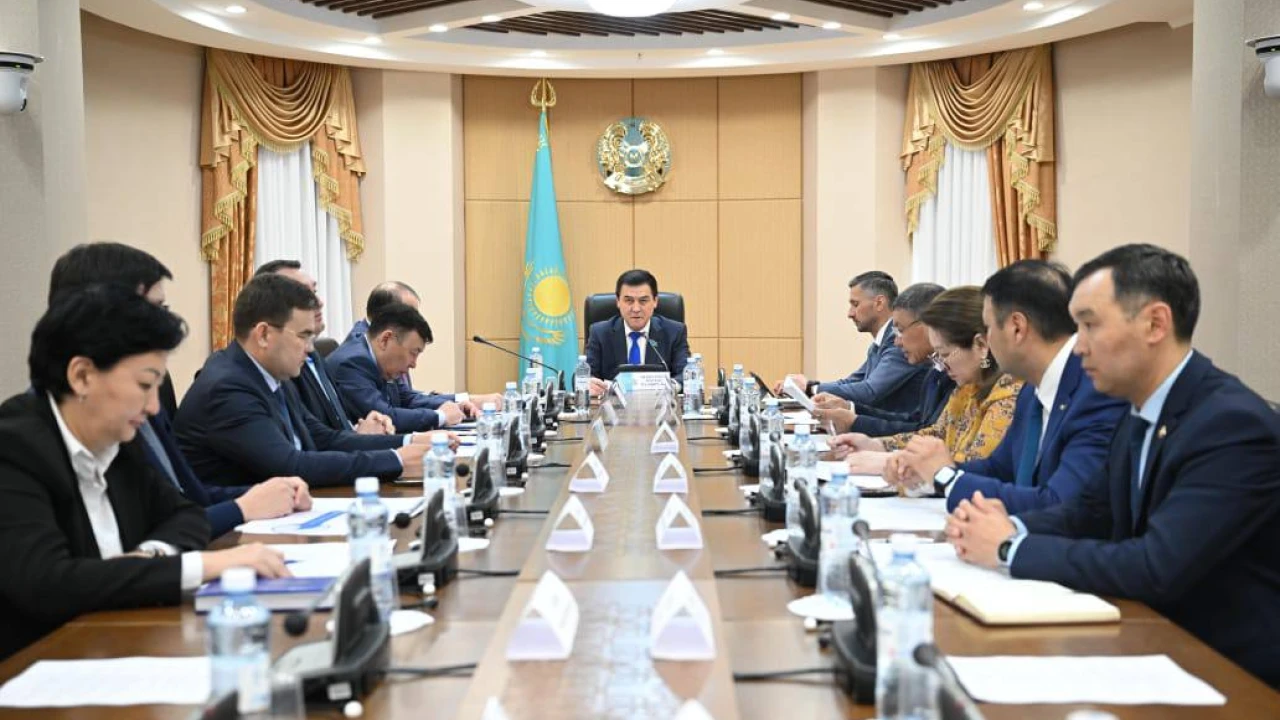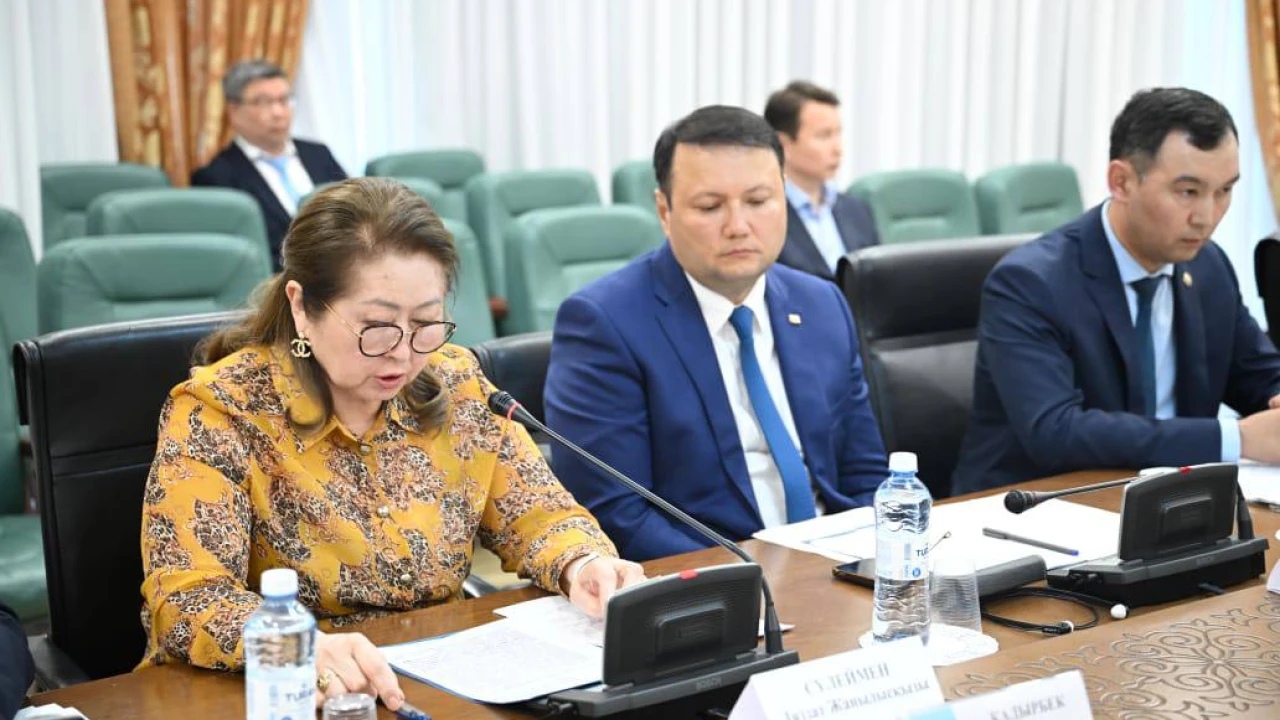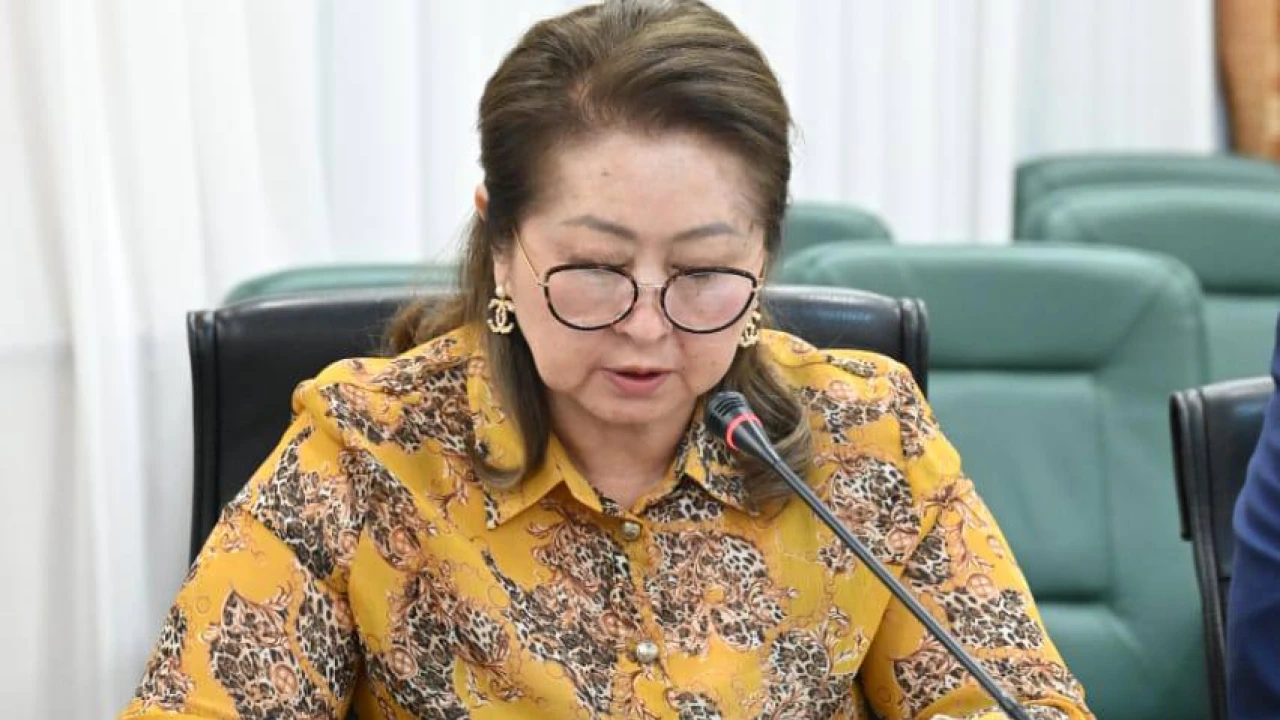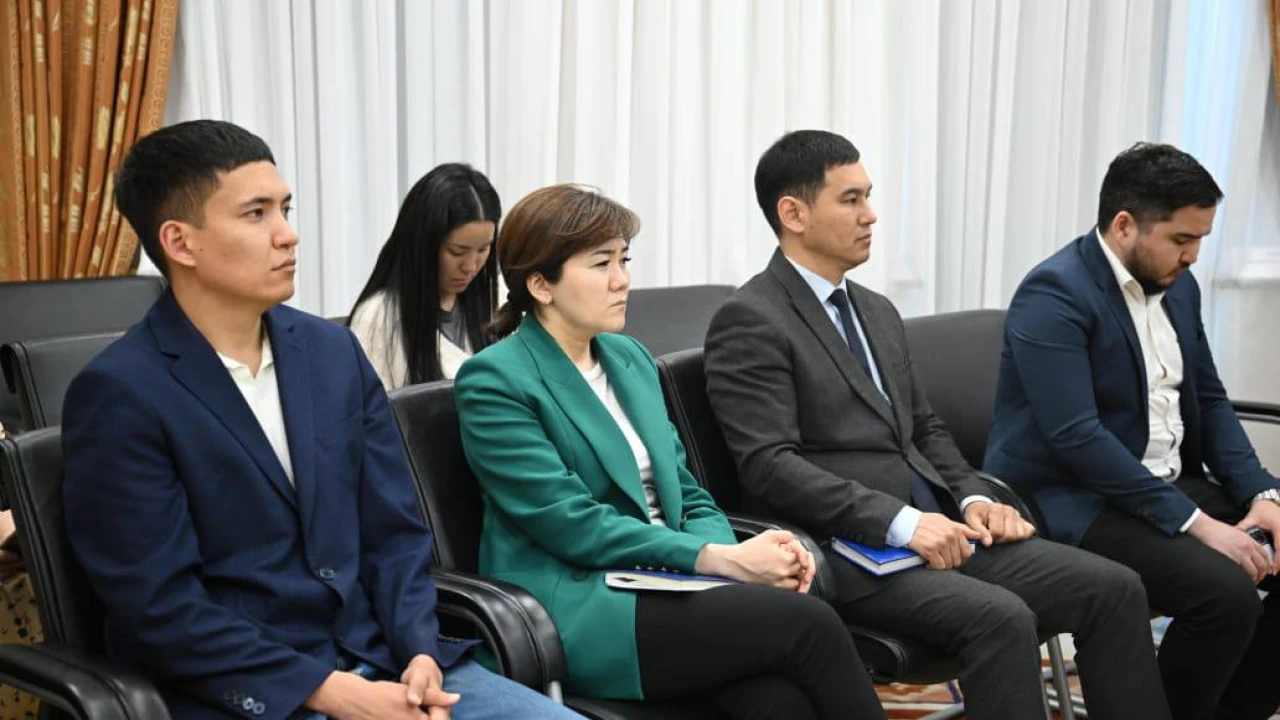



On May 14, 2025, a meeting of the Committee on Constitutional Legislation, the Judicial System, and Law Enforcement Agencies was held at the Senate of the Parliament. The topic of discussion was the integration of artificial intelligence (AI) technologies into the fields of law enforcement and justice. The event was organized in cooperation with the Institute of Parliamentarism under the Executive Office of the President of the Republic of Kazakhstan.
The main goal of the meeting was to discuss the prospects and potential risks of using AI in sensitive areas, as well as to develop legislative mechanisms for its effective and safe regulation.
The participants were welcomed by the Chairman of the Committee, Nurlan Kudiarovich Beknazarov, and Member of Parliament Sovetbek Tursynovich Medebaev. Representatives from the Judicial Administration, the Ministry of Internal Affairs, the Ministry of Digital Development, as well as members of the academic and scientific communities, took part in the meeting.
A substantive report was presented by the Deputy Director of the Institute of Parliamentarism, Lazzat Zhanylyskyz Suleimen. In her speech, she emphasized the need to create a balanced regulatory framework governing the use of AI in law enforcement and judicial practices. Particular attention was paid to the legal regulation of deepfake technologies, which may pose threats to electoral processes, evidence tampering, and public opinion manipulation. Suleimen stressed the importance of promptly introducing legal restrictions and accountability mechanisms to prevent potential abuses.
Key state bodies and universities also presented their positions on the issues discussed, including the Judicial Administration of the Republic of Kazakhstan, the Committee on Artificial Intelligence of the Ministry of Digital Development, the Ministry of Internal Affairs, Maqsut Narikbayev University, Buketov Karaganda University, and Satpayev Kazakh National Research Technical University.
Participants emphasized the need to develop a sustainable legislative ecosystem that ensures a balance between technological advancement, security, and the protection of citizens’ rights.
As a result of the meeting, recommendations were formulated for improving the regulatory framework and proposals were made to strengthen interagency and interdisciplinary cooperation in this area.



